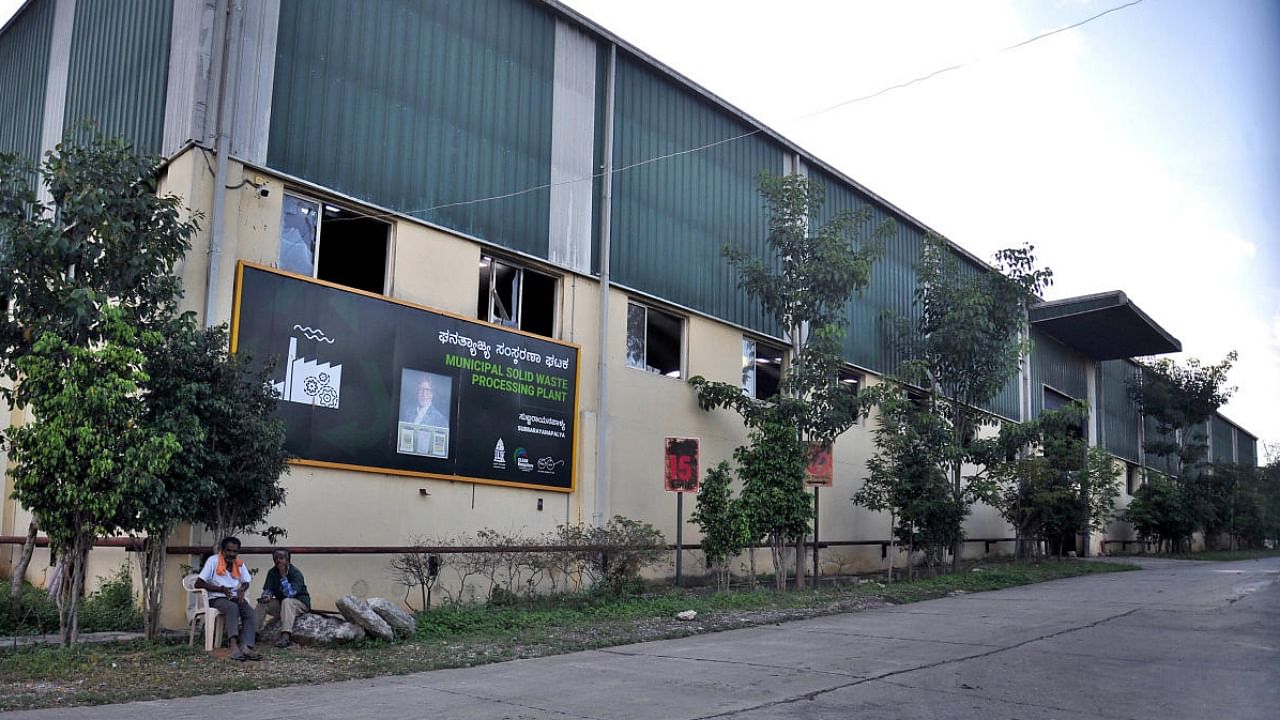
Bengaluru probably has the highest concentration of civic activists working to fix the city’s waste management. I personally know a few hundred of them. With this kind of a committed force, any citizen-centric issue could have been fixed but we seem to be stuck in the 2011 Mavallipura days when most of us got involved with this issue.
There have been small victories but still a large part of the city’s waste goes to quarries. We still have as many black spots and segregation is yet to become a norm instead of an exception. What is it that plagues Solid Waste Management (SWM)?
Compared to other utility services such as water and electricity, waste management poses unique challenges. Both water and electricity get billed based on the meters installed at each house and most users pay the full cost of services. This ensures accountability and helps maintain better service levels. This is not the case with waste.
Lack of accountability
A majority of end users / waste generators pay a fraction of the actual cost in the form of property tax cess. The cess collected contributed just 5% in 2018, Rs 60 crore collected against Rs 1,000 crore of yearly expenditure. This results in lack of accountability. The end user has no say in the payment done by the Bruhath Bengaluru Mahanagara Palike (BBMP), which does not track daily waste pick up from each user.
BBMP is also not answerable to end users as they depend on the Council for funds. Hence the allegiance of the waste contractors is primarily to the corporators. It is a well-known fact that corporators and MLAs have business interests in waste contracts.
There is lack of political will and progressive initiatives of BBMP to improve monitoring and accountability face resistance such as mandating GPS on vehicles, bio-metrics for attendance-tracking, tender norms that focus on segregated waste collection and processing.
Loss-making activity
The other fundamental issue is that Waste Management is inherently a loss-making activity which needs to be compensated through a service fee. If a waste contractor can somehow get his bills passed, he can maximise his profit by doing minimal collection and processing.
There are only a handful of categories where collection and processing is profitable. Waste pickers and scrap dealers typically deal in those categories to earn their living such as Metals, High Density Polyethylene (HDPE), Polyethylene terephthalate (PET), cardboard, white paper and newspaper. The remaining items are largely negative value, such as all food waste (constituting about 50-60% of the total waste generated from a household); textile and clothing, shoes, bags, leather etc., plastic packaging including all sachets, most soft packaging such as the ones used for biscuits, chips, soaps, detergents, disposable food packages.
Close monitoring
Overall, from a household, the cost of collection and processing is a negative value activity. Unless waste collection and processing are monitored closely or there are huge fines acting as deterrents, the business of illegal waste dumping and burning is far more lucrative than waste collection and processing.
Understanding this is important as this is the primary source of corruption and mismanagement in waste. And the problem is not just unique to Bengaluru or India, many developed nations also export their plastic waste to developing nations illegally and the traders make big profits in this process.
Unlike the Bangalore Electricity Supply Company (Besom) and Bangalore Water Supply and Sewerage Board (BWSSB) that are able to meet a large part of their expenditure through service fee, BBMP is heavily dependent on State funds for SWM. There is a constant struggle for funds as a result.
Waste dumping
Bill payments are deferred for months and the contractors do not pay the drivers and waste collectors, which further aggravates waste dumping. This kind of system typically attracts wrong elements and ethical companies are wary of participating.
In 1976, when the Bangalore Mahanagara Palike (BMP) was constituted, SWM was a function placed under the health department, headed by medical doctors.
SWM was all about sweeping and drain cleaning. With overflowing landfills, there is a dire need to process waste and reduce waste generation. Waste processing requires a highly trained technical team that understands recycling and other disposal technologies. Lacking this capacity, BBMP typically out-sources operations, providing land and capex.
This has also aided corruption and land grabbing scams. The BBMP SWM team, facing frequent transfers and staff with multiple, diverse responsibilities, are unable to provide the kind of focussed energy that the function demands.
(The author is CEO, Saahas. Views are personal and do not represent the official stand of Saahas)